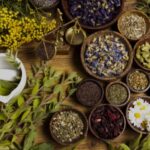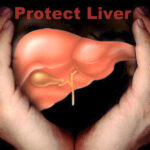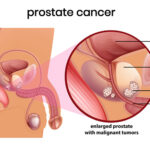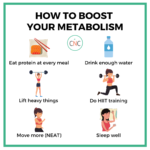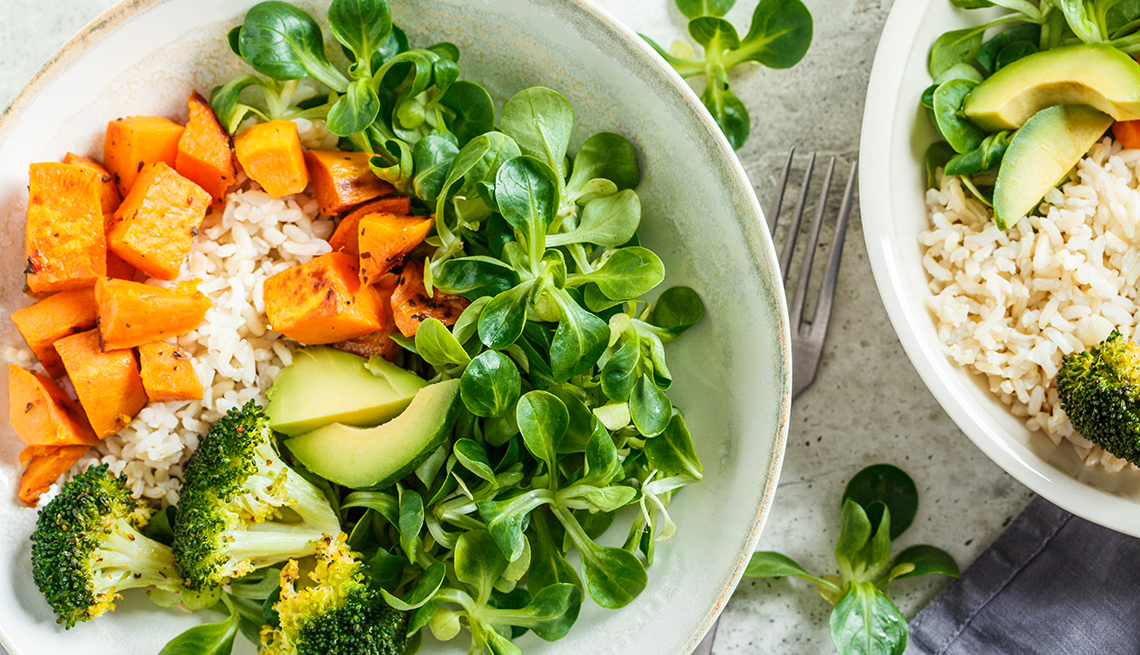Here’s How To Care For Your Prostate
In knowing how to care your prostate, understand that the main aims or objectives are prevention of prostate cancer and keeping the size from enlarging enough to make urination difficult.
There are other posts or articles that i published in case you want to get detailed information regarding natural remedies for prostate cancer.
In this article on how to care for your prostate, it is imperative to heed to advices and instructions so as to achieve the main goals associated with caring for the prostate.
The following are some of the advices and information you need to take into account if you really want to know how to care for your prostate.
- Advice for easier urination
- Prostate Cancer Prevention
- Prostate Foods
- Vital baths
- Hot Stream of water over the pelvic area
Advice for Easier Urination
One of the most uncomfortable symptoms of age related benign prostate hypertrophy are those related to urination. Dysuria or difficulty urinating and frequency of urination (pollakiuria).
In essence, the following advice helps urination and also helps to relieve the symptoms of a hypertrohied prostate.
- Eliminate or decrease the intake of caffeine, which is present in drinks such as yerba, tea, mate and certain soft drinks. According to researches, caffeine narrows the neck of the bladder, thereby making it difficult for urine to pass through it.
- It is important to avoid hot spices. This is because they irritate the urinary tract and make urination difficult.
- Maintain regular and safe sexual activity, as ejaculation helps reduce prostate inflammation. Also, remember that when the prostate is hypertrophied, sexual intercourse should not be limited, in fact, it is said to be beneficial.
- Decrease or do away with alcoholic beverages, which have a similar effect to that of caffeine.
- Avoid cold temperatures, since they promote urinary retention.
- Regarding how to care for your prostate, it is imperative to avoid nasal decongestants and antihistamines, which relax bladder muscles and make urination difficult.
- Avoid constipation at all cost
- Avoid straddling, such as with horseback and bicycle riding. It causes congestion of the prostate.
- Take medicinal herb preparations for the prostate such as Sabal serrulata (Saw palmetto) and Pygeum africanum.
- Avoid stress, as it affects the urinary reflex.
Prostate Cancer Prevention
In non-smoking men, prostate cancer is the most common malignant tumor. However, the many epidemiological studies carried out suggest that this ailment called prostate cancer can be prevented by the following factors.
- Diet: This is one of the most influential factors, both in prevention and advancement.
- Risk Increasers: Processed meat such as bacon, red meat and milk. Cheese, and dairy products in general.
- Risk Reducers: Tomatoes, tomato sause and watermelon, as a result of their high lycopene content; cabbage, broccoli, radishes, and other Cruciferous family plants; vitamins D and E, omega – 3 fatty acids and selenium.
- Vasectomy: There’s been a huge controversy regarding this topic, however, a recent study by the “Fred Hutchinson Cancer Research Center “in Seattle (Washington, United States) has not seen any established link between vasectomy and the risk of prostate cancer.
- Pesticides: Farmworkers are those at risk of this factor. This is because occupational exposure to Pesticides such as in farmworkers, increases the risk of prostate cancer.
Prostate Foods
- Nuts: They provide polyunsaturated fatty acids, vitamin E and Zinc, which are all beneficial nutrients for the prostate.
- Tomato: its natural red colorant, lycopene, is a powerful antioxidant that help protect against prostate cancer.
- Squash Seeds: They help in reducing inflammation of the prostate and make urination easier.
- Soy: Contains iso isoflavones which has mild estrogenic action. In essence, soy stops excessive enlargement of the prostate and protect against degeneration into cancer. Soybeans, soymilk or soy drinks, and tofu are the best natural sources of isoflavones.
Vital Bath
This is one of the baths recommended when you really want to know how to care for your prostate. The vital bath is a variant of the pelvic sitz bath. It helps to reduce prostate inflammation and improves urination.
Hot Stream of Water over the Pelvic Area
The hot stream of water from the shower over the pelvic area often helps to start urine flow and empty the bladder when urination is difficult.
SEE ALSO: Benefits of Bitter Kola
Other helps
Soy and Tomato
A study carried out by the “Wayne State University” in Detroit (Michigan, United States) showed that when taken together, the lycopene in tomatoes and iso isoflavones in soy increase their preventive action against prostate cancer.
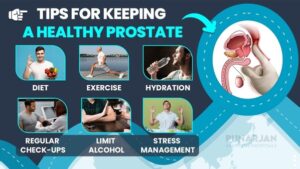
According to this same study, in prostate cancer patients, taking 15 mg of lycopen3 with 40 mg of isoflavones extracts twice a day over 6 months reduces the level of PSA (a prostate cancer marker) and slows tumor progression.
Note that, there are 40 mg of natural isoflavones in 150 g of tofu or 1.5 litres of soy drink. Also, for 15 mg of natural lycopene, eat 600 g of tomatoes.
Summary on how to care for the prostate
Caring for the prostate is an essential aspect of men’s health, particularly as they age. The prostate is a small gland that plays a crucial role in reproductive function, and maintaining its health is important for overall well-being. Here are some insights and tips on how to care for the prostate:
Maintain a Healthy Diet:
Include a variety of fruits, vegetables, and whole grains in your diet.
Choose lean sources of protein, such as fish, poultry, and legumes.
Limit the intake of red meat and processed foods.
Consider incorporating foods rich in antioxidants, such as tomatoes, berries, and nuts.
Stay Hydrated:
Drinking an adequate amount of water is important for overall health, including prostate health.
Exercise Regularly:
Engage in regular physical activity, as it has been associated with a reduced risk of prostate issues.
Aim for at least 150 minutes of moderate-intensity exercise per week, such as brisk walking, swimming, or cycling.
Maintain a Healthy Weight:
Obesity is linked to an increased risk of prostate issues. Maintaining a healthy weight through a balanced diet and regular exercise is beneficial.
Limit Alcohol Intake:
Excessive alcohol consumption has been associated with an increased risk of prostate problems. If you choose to drink, do so in moderation.
YOU MAY LIKE: Natural Therapies for Brain Health
Don’t Smoke:
Smoking has been linked to an increased risk of prostate cancer. Quitting smoking is beneficial for overall health, including prostate health.
Manage Stress:
Chronic stress may contribute to various health issues, including prostate problems. Practice stress management techniques such as meditation, deep breathing, or yoga.
Get Regular Exercise:
Regular physical activity is associated with a lower risk of prostate issues. Aim for at least 150 minutes of moderate-intensity exercise per week.
Annual Check-ups:
Regular medical check-ups, including a prostate-specific antigen (PSA) blood test and a digital rectal exam (DRE), are important for early detection of potential issues.
Know Your Family History:
If there is a family history of prostate issues, especially prostate cancer, inform your healthcare provider. Family history can influence your risk, and early screening may be recommended.
Consider Prostate Health Supplements:
Some men may consider supplements like saw palmetto or beta-sitosterol for prostate health. However, it’s crucial to consult with a healthcare professional before taking any supplements, as their efficacy and safety can vary.
Remember, individual health needs vary, and it’s always a good idea to consult with a healthcare professional for personalized advice based on your medical history and risk factors. Regular check-ups and a proactive approach to a healthy lifestyle can contribute to the overall well-being of the prostate.
Benefits of Eating Strawberries

A graduate of Computer Science and Information Management Technology. Diploma – Caregiving, Certificates – Dementia and Diabetes Awareness and Management. A researcher, blogger, songwriter, singer and acoustic guitarist. Born in an environment where natural talents such as healing are imparted at our natural birth. This natural talents of healing is the result of our genetic inheritance and the training from family environment.








